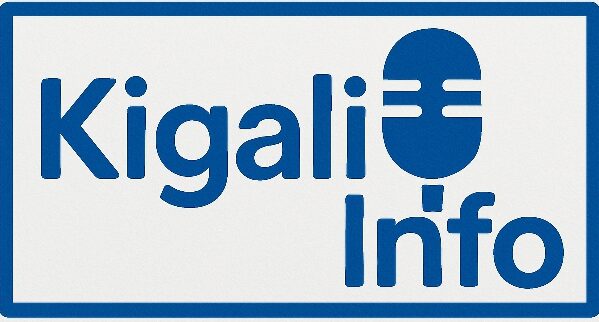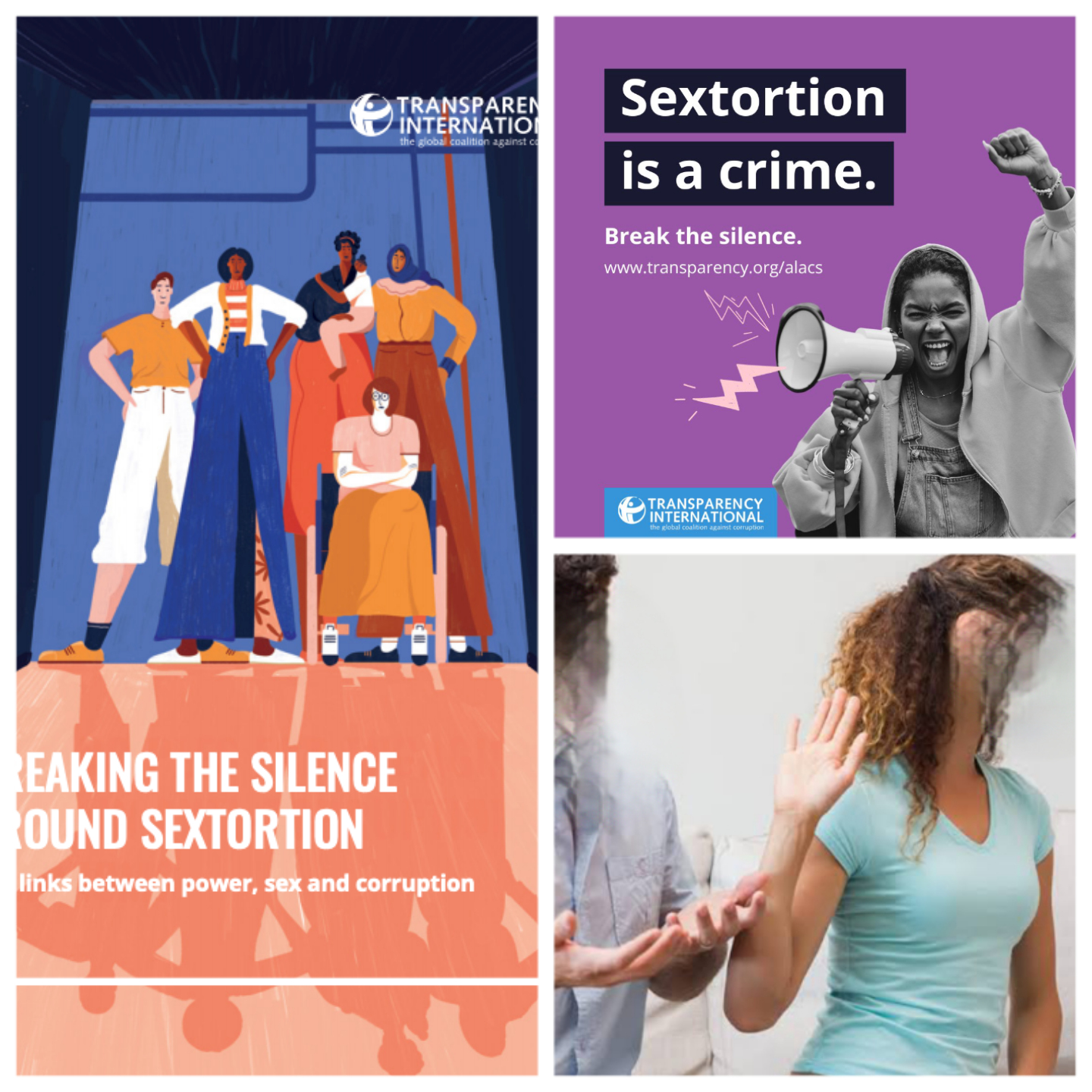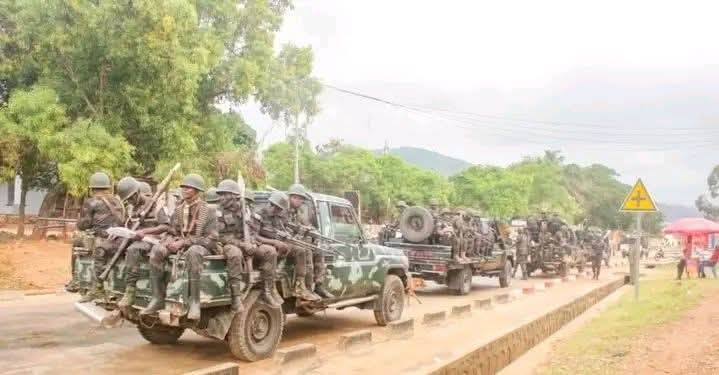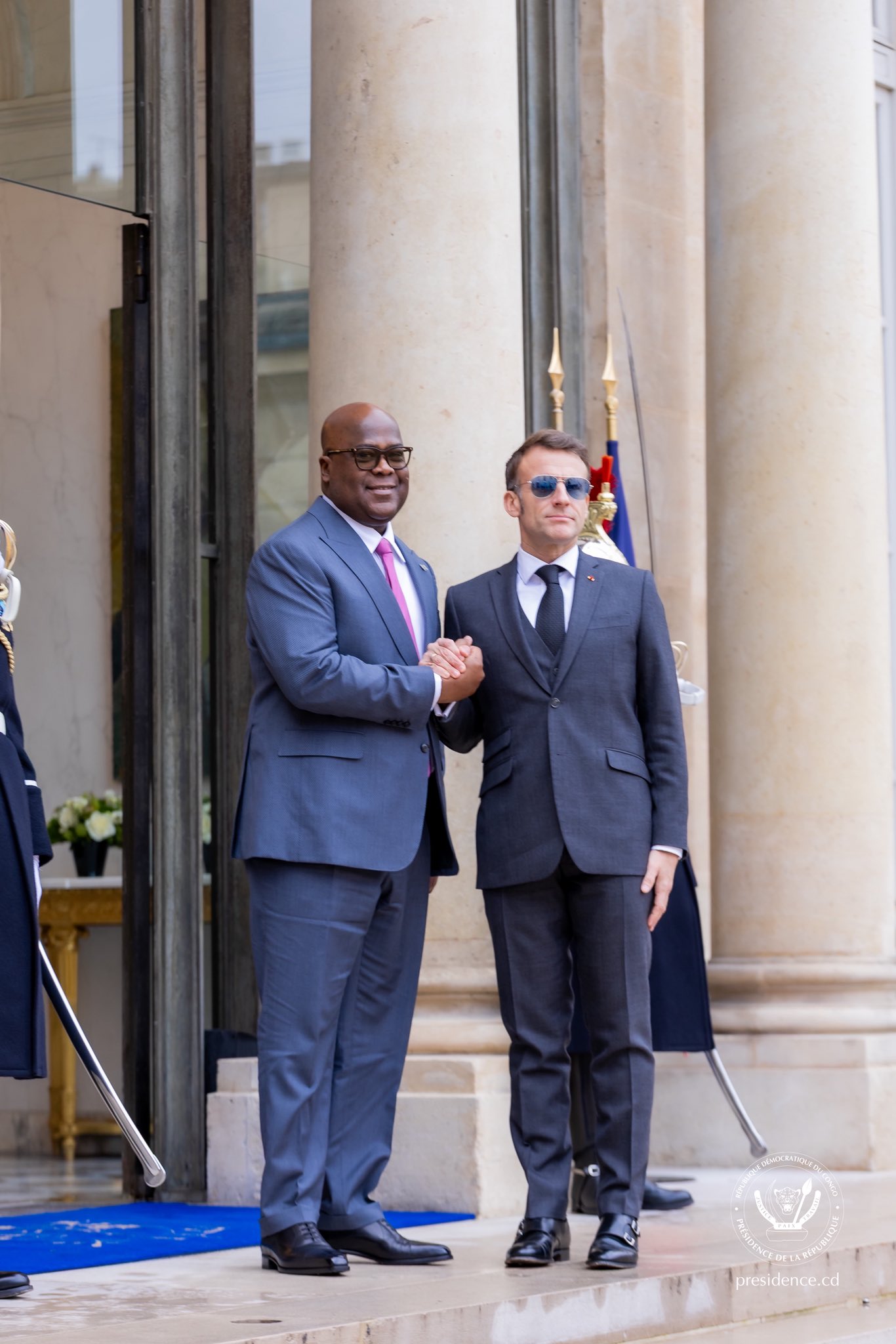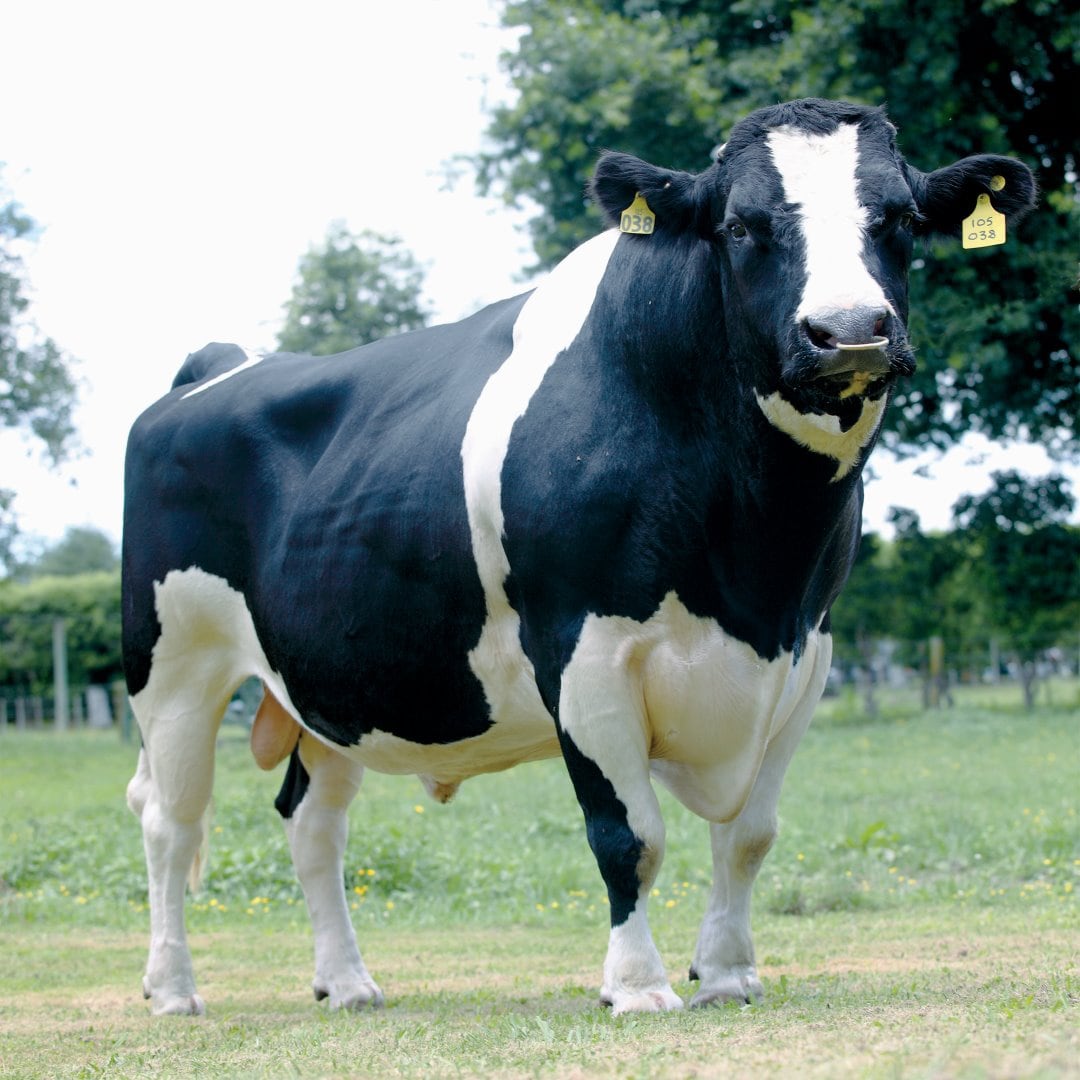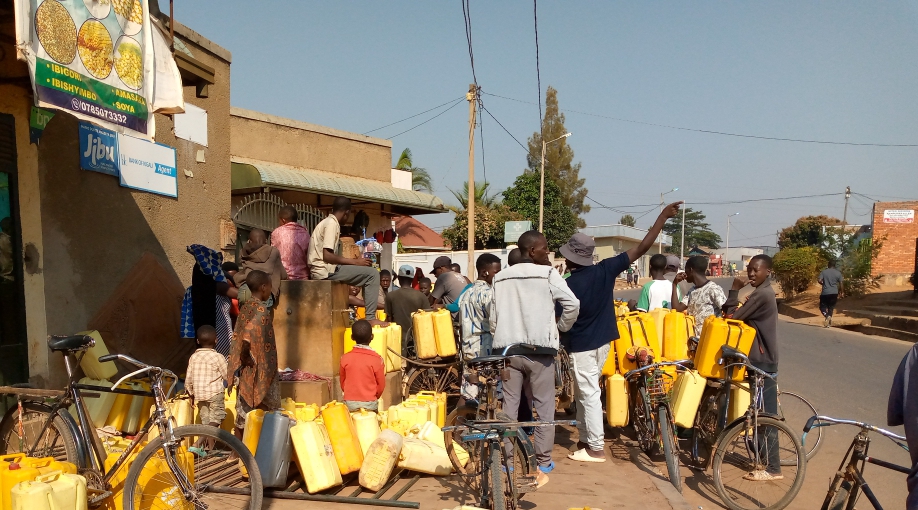
The Water and Sanitation Corporation (WASAC) has announced a new water distribution strategy involving the installation of new pipelines and valves across Kigali and other parts of Rwanda. The goal is to ensure that even those who previously went without water—particularly during the dry season—can now have access.
Speaking to Kigali Info, Robert Bimenyimana, WASAC’s Public Relations Officer, explained that water levels in rivers used as supply sources tend to drop significantly during the dry season. This leads to shortages at water treatment plants, affecting the availability of water for customers.
To address this, WASAC is introducing a rotational water supply system. In this approach, certain areas—especially those that usually receive water consistently, such as lower elevation zones—will have their supply temporarily shut off. This will allow highland communities that often go without water to receive their share.
“In neighborhoods like Gikondo and Kanombe, especially in upper areas where water rarely reaches, we are working to ensure they finally receive water,” Bimenyimana said. “This will be achieved by temporarily cutting off supply to low-lying areas that usually have uninterrupted access.”
He emphasized: “We can’t ignore complaints from people saying their neighbors have had water continuously while they haven’t received a drop. All our customers are equal. We have to make adjustments so that highland zones get water too.”
This effort involves modifying the current pipe network and installing valves to control which sections receive water and when. Essentially, water will be redirected strategically to ensure broader and fairer coverage.
WASAC is urging Kigali residents—and Rwandans in general—to prepare by acquiring large storage tanks to keep water for essential use during times of shortage. The public is also encouraged to use water wisely and avoid waste, particularly when flushing toilets or performing non-essential tasks.
The utility has also warned against profiteering. Those with water are advised not to sell it at inflated prices—anything above Rwf 20 per jerrycan is discouraged. WASAC reports that in some cases, individuals hoard water in tanks when it’s available, only to resell it for up to Rwf 100 per jerrycan when supply runs out.
As for gardening, residents are encouraged to use alternative sources such as river water for irrigation instead of tap water, which is treated with expensive chemicals intended for domestic use.
Meanwhile, newly populated neighborhoods like Gasogi in Kigali are being connected to upgraded main pipelines. The old infrastructure was too small to meet the demands of the rapidly growing population.
WASAC’s new measures reflect a balancing act: ensuring water equity while coping with seasonal shortages and infrastructure limitations.
